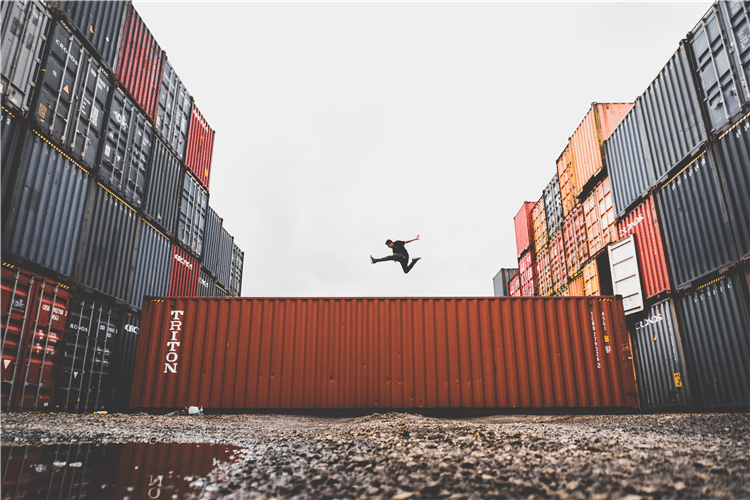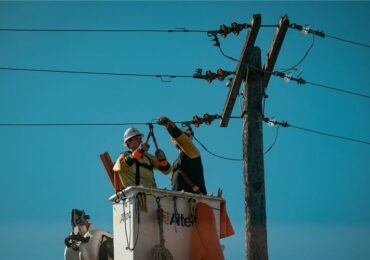
The question: What happens when Kubernetes and Docker are used together is one that has a long history given that most application developers initially thought these two container orchestration systems were competitors.
In this short guide, we shall look at how these two could work side by side, and see exactly what happens when Kubernetes and Docker are used together.
To get things into perspective, let’s get some of these terms out of the way: Container, Docker and Kubernetes.
Container: Is a standard unit of software that packages up code and all its dependencies so the application runs quickly and reliably from one computing environment to another according to Docker.
While containerization is particularly not a new concept, its growing popularity is for sure worth noting and the subsequent efficiencies in developing code, maintaining and scaling software packages.
Using Virtual Machines (VM’s) as a way of software development and deployment is getting a little old-fashioned. Containers happen to be more light-weight.
Developers mostly struggle with circumstances where their software become obsolete and they have to fix everything to get things up and running all over again.
Containerization comes in handy in these tough situations. Containers ensure you have a controlled environment from where you could upgrade code, maintain and scale software packages without major setbacks.
Using Kubernetes and Docker together
Now, Kubernetes vs Dockers are not rival containerization systems. Rather, they are complimentary systems that make developers’ work more efficient in application deployments, maintenance and scaling.
Kubernetes:, according to their site, is an open-source system for automating deployment, scaling, and management of containerized applications.
Kubernetes enable coordination of multiple applications within different containers to be deployed effortlessly. Containers harbor different processes of an application development. These may be cache, databases or even a web front.
Kubernetes, helps to centralize all your application development, dependencies, maintenance
Docker, just like Kubernetes, docker is also an open-source cloud-based containerization system that helps you to deploy applications from anywhere in the world.
Also, Docker uses the container itself to distribute applications through downloads, and help in the testing exercise.
Docker containers will help you to isolate and pack your software with all its dependencies. And Kubernetes will help you to deploy and orchestrate your containers.
The overall advantages of using both the dockers and the Kubernetes is that you are not only able to deliver applications faster but also more consistently with much more predictability.
Mutual relationship between Docker and Kubernetes
Other technologists love to compare this relationship to that of the the plane and the airport.
For you to travel to just about anywhere, you will need both the airport and the airplane. While Kurbenetes is the airport, docker is the airplane.
You can, therefore, pack and ship your apps with docker full aware that once it is tested, it will work anywhere else around the world, and in whichever environment.
Kubernetes, on the other hand, comes in handy in application deployment and scaling. If at some point your application is down, it is through the Kubernetes that redeployments are initiated.
Conclusion
When used together, Kubernetes and Docker are proven to provide much more efficiency and predictability. Both in the application development, dependencies installation, maintenance and scaling, these two containerization systems bring in more efficiency to applications.





